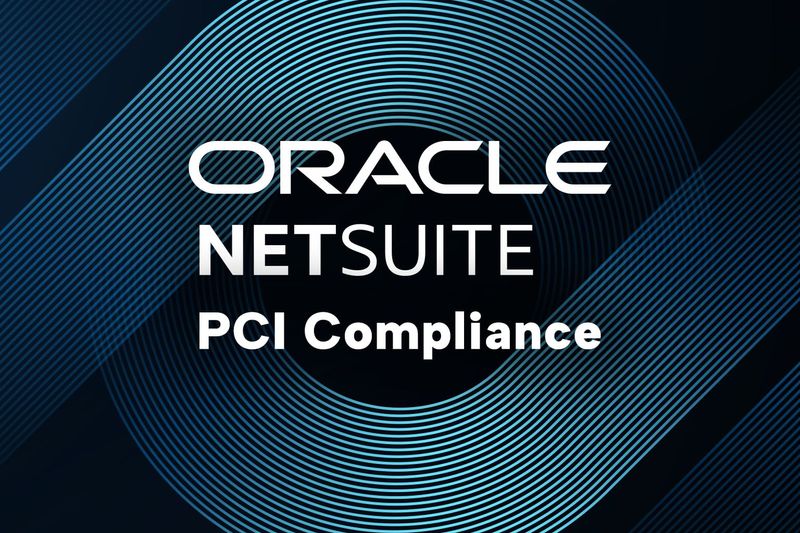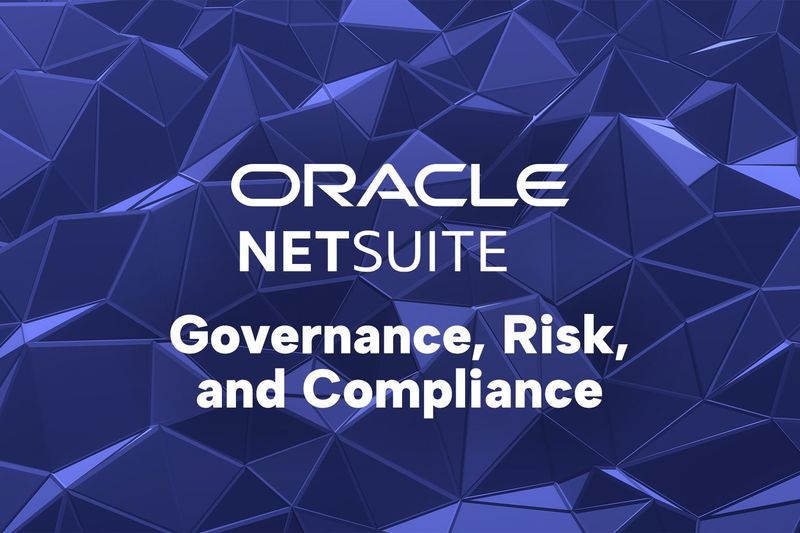Summary
Our #1 pick for the best SaaS ERP software is Oracle NetSuite for its comprehensive functionality, affordability, and scalability.
Plus, NetSuite is an ideal solution for Software as a Service businesses of any size looking to nail down its metrics by upgrading or implementing an ERP system.
What We Look For in the Best SaaS ERP Software:
- Benefits
- Functionality
- Affordability
- Scalability
- Potential Challenges
Key features in a SaaS enterprise resource planning (ERP) should include:
- Connecting your ERP to your SaaS platform
- A cloud-based solution
- A user-friendly interface
- Key business functions (e.g., accounting, orders, IT help desk, HR, and customer records management)
- Metrics-based reporting
- Automated upgrades
- Customizable dashboards
- Easy integrations with third-party software
- Management of your contracts and subscriptions
- Easy deployment of multiple recurring billing pricing strategies

Do you know the true health of your business?
Get a clearer vision of where your business stands and where it could go with a Business Process Scorecard.
Do SaaS companies need ERP Software (Enterprise Resource Planning)?
As a SaaS company, you’re always looking for ways to maximize efficiency, utilize automation, streamline processes, and increase profitability.
You’re faced with questions like:
- Should you charge per account or user?
- Do you charge a fixed amount per month or based charges on usage?
- How many features should you offer?
As a technology- and data-heavy operation, overcoming these challenges in-house with disjointed systems can be incredibly overwhelming.
You may need more savings, answers, and profits to run your business effectively.
Utilizing a SaaS ERP solution can help you achieve these goals—if you choose the right one.
But with so many SaaS ERP systems on the market, how do you decide which best suits your business’s unique needs?
Let’s explore some of the top ERPs available today and find out which ones are best for SaaS companies, starting with our #1 pick.
1. Oracle Netsuite

Founded in 1998, Oracle NetSuite is now the world’s #1 Cloud ERP solution. The system boasts 33,000 customers in 200+ countries and territories.
NetSuite Benefits for SaaS Companies
NetSuite’s primary benefits for SaaS companies include the following:
- The only ERP that was “born in the cloud”
- Fully functional ERP across key business processes
- Built for a multi-tenant cloud environment from day one
- Centralized, comprehensive reporting and analytics
- Real-time insights
- Automated order management
- Streamlined billing across multiple revenue streams
- Revenue recognition (including recurring revenue)
- Financial consolidation
- Marketing & sales alignment using HubSpot
- ASC 606 compliance
- Endless customization
- Project management
- Use on any device
NetSuite Functionality for SaaS Companies
NetSuite’s ERP solution is built entirely in the cloud, streamlining future updates and added functionality. NetSuite features include:
- Consistent automatic cloud updates
- Custom commission modules
- Foreign currency translation
- Intercompany consolidation
- Native subscription billing
- Built-in security controls
- Real-time consolidation
- Saved searches
- Robust CRM
NetSuite’s CRM system offers a centralized platform for SaaS businesses to effectively keep track of and coordinate interactions with their customers, partners, and vendors.
You can build your NetSuite system as you grow, so you don’t need to invest in the entire system upfront.
How Affordable is NetSuite SaaS ERP Software?
Because NetSuite is a modular platform, it’s pricing is dynamic and can change depending on your needs. This is great for companies that know what they want, so they only pay for the modules they plan on using.
It’s crucial to factor in implementation costs to ensure that you’re using NetSuite correctly.
We recommend licensing NetSuite through a Solutions Partner to get the most personal and white-glove service from the start.
How Scalable is NetSuite SaaS ERP Software?
NetSuite is a flexible platform designed to scale with businesses of any size, from small to mid-size to large organizations.
It caters to fast-growing SaaS startups looking to efficiently manage your growing operations or an established SaaS business ready to scale rapidly and become primed for investor funding.
Here’s how NetSuite scales with your business:
- Dynamic tiered pricing based on what features you need
- Handles throughput as order volumes increase
- Add on modules to customize your instance
- Manage users based on current need
Plus, you can customize your NetSuite instance with powerful modules to level up your capabilities.
For example, the Agreements module is a plug-and-play add-on that helps you automate subscription billing, send invoices, and manage complex billing strategies in an easy-to-use interface that natively integrates into NetSuite’s interface.
Challenges with NetSuite ERP for SaaS Companies
Maximize your NetSuite investment by implementing and integrating the software correctly. A comprehensive SaaS ERP implementation may include proper data migration, setting up modules, and customization. A seamless NetSuite integration ensures that you’re blending in NetSuite into your existing platforms like QuickBooks, Shopify, HubSpot, and more.
Trying to do this on your own can be a time and energy drain, so you’ll need to factor in implementation and integration costs with NetSuite experts.








